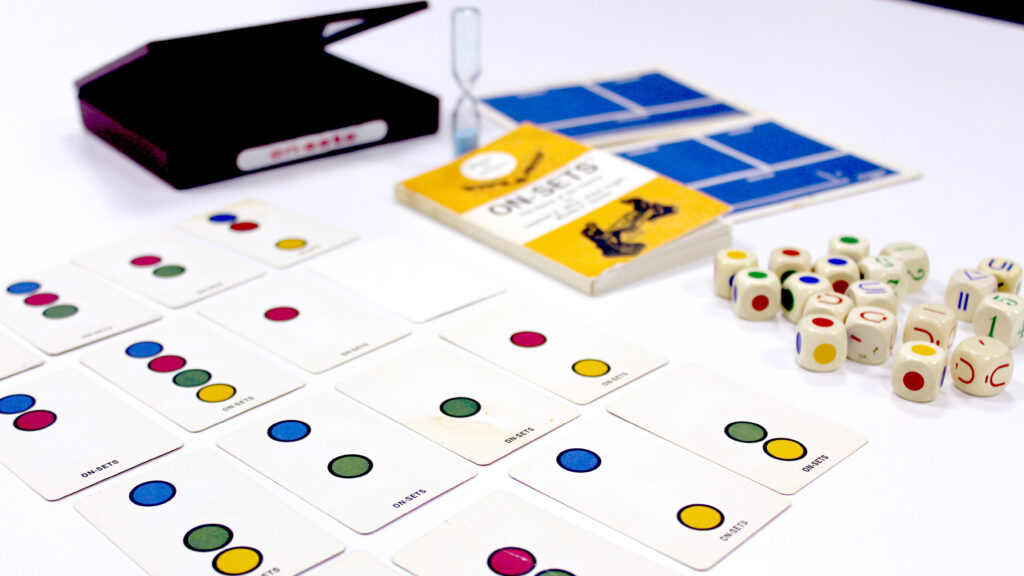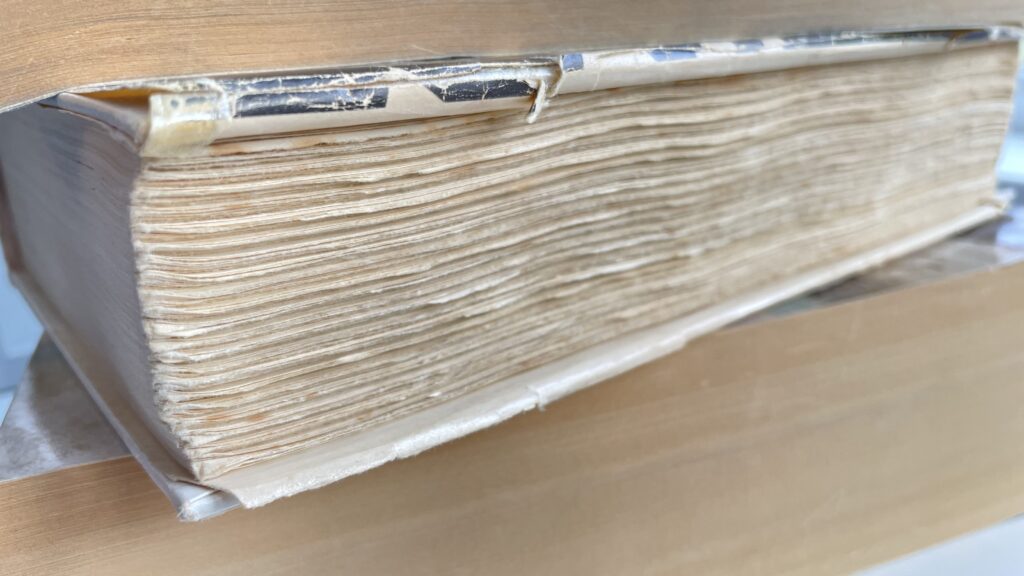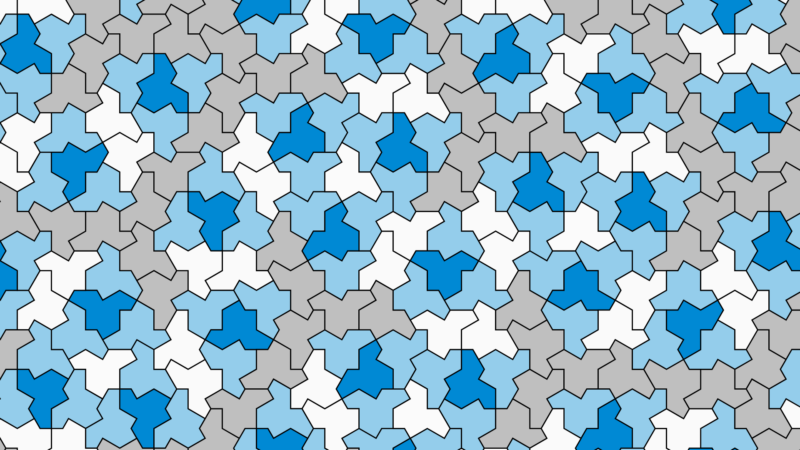Maths news didn’t stop coming this month, and if you missed it, here was our coverage of the new Spectre aperiodic monotile, an improvement on the previous monotile discovery. Here’s some other news that happened in May and June which we didn’t otherwise cover here.
Vladimir Drinfeld and Shing-Tung Yau have been awarded the 2023 Shaw Prize for their contributions related to mathematical physics, to arithmetic geometry, differential geometry and Kähler geometry. (via the European Mathematical Society)
According to provisional 2023 entry data, mathematics remains the most popular choice at A level in England and Wales this year.
Ticket sales continue apace for this year’s TMiP maths communication conference, and in the meantime it’s inspired a nascent equivalent network for math communicators in the US – sign up if you’re an American math communicator who WLTM others.
There’s been a moderation strike at Stack Overflow, which includes Math Overflow, in response to AI-generated content policy changes. “Striking community members will refrain from moderating and curating content, including casting flags, and critical community-driven anti-spam and quality control infrastructure will be shut down.” (via theHigherGeometer)
There’s a free online IMA event, including a talk called ‘How Maths Helped Me to Annoy My Insurance Company’ by Victoria Sánchez Muñoz taking place at 5pm on Thursday 13 July.
Obviously the most important news this month is the new Rubik’s cube world record – it’s now possible for a human to solve the cube in as little as 3.13 seconds (furious they’ve skipped π seconds) and the GIF included in the article shows just how impressive the feat was.
And finally, this Nature article outlines how deep reinforcement learning has discovered faster sorting algorithms. Algorithms such as sorting or hashing are everywhere – used trillions of times a day, according to the article. This means even small efficiency improvements can be huge because of the scale, but these algorithms are so well-studied that further efficiency was difficult to imagine. DeepMind trained a deep reinforcement agent, AlphaDev, to work from scratch using assembly code to attempt to find a better sorting routine. The researchers reverse engineered the algorithms found by AlphaDev to C++ and found these led to performance improvements of “up to 70% for sequences of a length of five and roughly 1.7% for sequences exceeding 250,000 elements”. The Nature paper has details of the algorithmic improvements. The improved algorithms have already been implemented into the LLVM libc++ standard sorting library.






